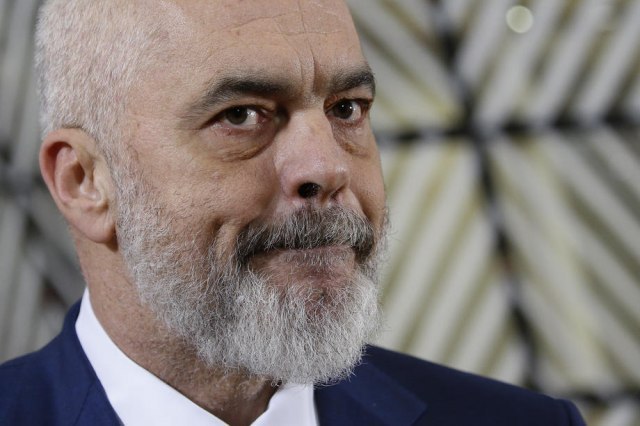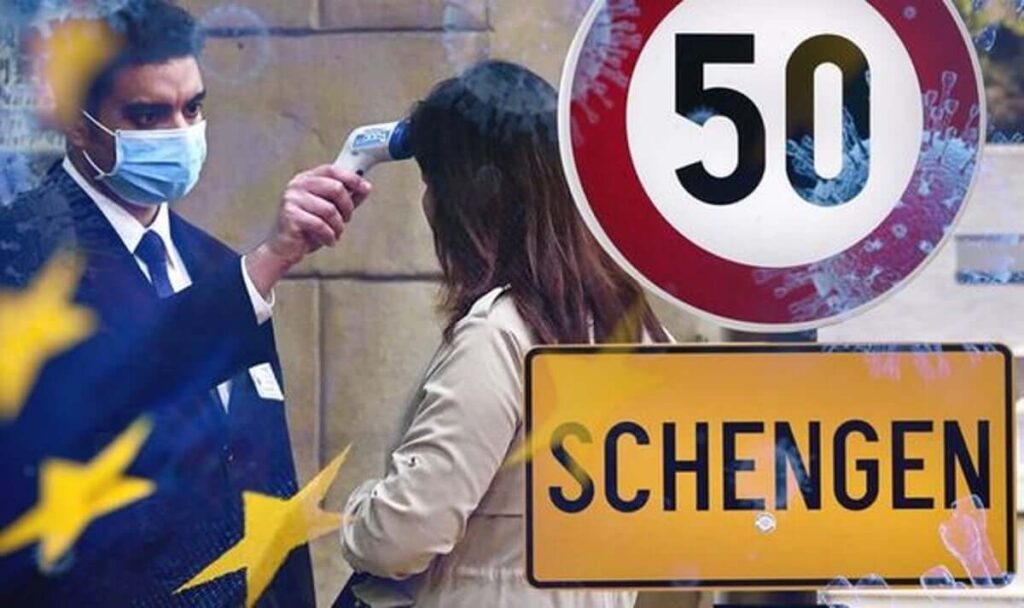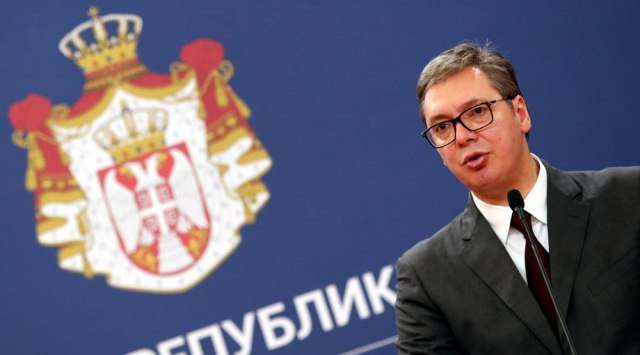by PAUL ANTONOPOULOS
Grigoris Karamelos, a Greek MP for Korytsa (Κορυτσά: Albanian: Korçë) in Albania, during an interview with Channel One on the “Logos kai Antiologos” show with Nikos Paraskeva, said that the Greeks of Northern Epirus are facing difficult moments because of Prime Minister Edi Rama and his government.
He said “on the one hand, Albania wants to join the European Union without meeting the criteria for membership and on the other hand it maintains close relations with Turkey.”
Karamelos spoke about the national hatred of the Albanian state against the indigenous Greeks of Northern Epirus in southern Albania, which is most evident through the management of the property issue, mainly regarding the Himarra (Χειμάρρα, Albanian: Himarë) coast, in order to alter the Greek-majority of the region to an Albanian one.
He also referred to the immigration problem where a law on the granting of political asylum to refugees is to be voted on for the first time in the Parliament. According to Albanian media, there is an agreement between Rama and Turkish President Recep Tayyip Erdoğan to relocate 30,000 refugees and illegal immigrants from Turkey to Albania in the region of Northern Epirus where up to 120,000 indigenous Greeks live, as reported by Greek City Times in April.
Although Greece liberated Northern Epirus during the First Balkan War (1912-13), the Great Powers gifted the region to the new Albanian state. Greece would once again liberate the region, that has been majority inhabited by Greeks for thousands of years, in World War Two, but it was once again gifted to Albania by the Great Powers.
MP Karamelos: The Albanian state puts huge pressure on us Greeks of Northern Epirus 4
Karamelos spoke about the propaganda carried out in the region of Korytsa by both Romania and Bulgaria in villages in the region, in view of the census, which was to take place in October 2020 but was postponed due to the coronavirus pandemic.
“We need a lot of preparation for the census whenever it happens, because we are a large percentage. In the 2011 census, 25,000 Greeks declared themselves Greek in Korytsa, but the Albanian state counted only 2,000,” he said.
“Greece must monitor the developments and support us,” said Karamelos, who also referred to the political situation of the National Greek Minority, emphasising that the situation requires unity by all Greeks.
He also raised the issue of propaganda on Albanian television channels, which completely distorts history.
“After we managed to keep our roots and our tradition during the Hoxha dictatorship, we can do it now,” said Korytsas, a Greek lawmaker, presenting proposals on how the Greek state can help Greeks in northern Epirus.
However, as he pointed out, “Greece is now sitting and the Bulgarians are financing…”
However, Romania and Albania are both colluding to Romanianise Vlahoi Greeks. Although the majority of the Latin-speaking Vlahoi in Albania identify as Greek, Romania is working very hard to Romanianise them and in 2013, a Romanian Information Center opened up in Korytsa that teaches the Romanian language, culture and heritage for free – and on top of that, even offer some students free travel to European Union member state, Romania.
In order to put pressure on the Greek minority in Northern Epirus and control the social awakening of Hellenism, Albania recognised a Romanian-Vlahoi minority in 2012. Romania believes that because the Vlahoi speak a language similar to Romanian, they are in fact Romanian and not Greek, as reported by Greek City Times.
As Albania knows it occupies Northern Epirus, which seeks union with Greece, weakening Greek identity with strong Romanian backing serves a powerful agenda for both of their countries.





